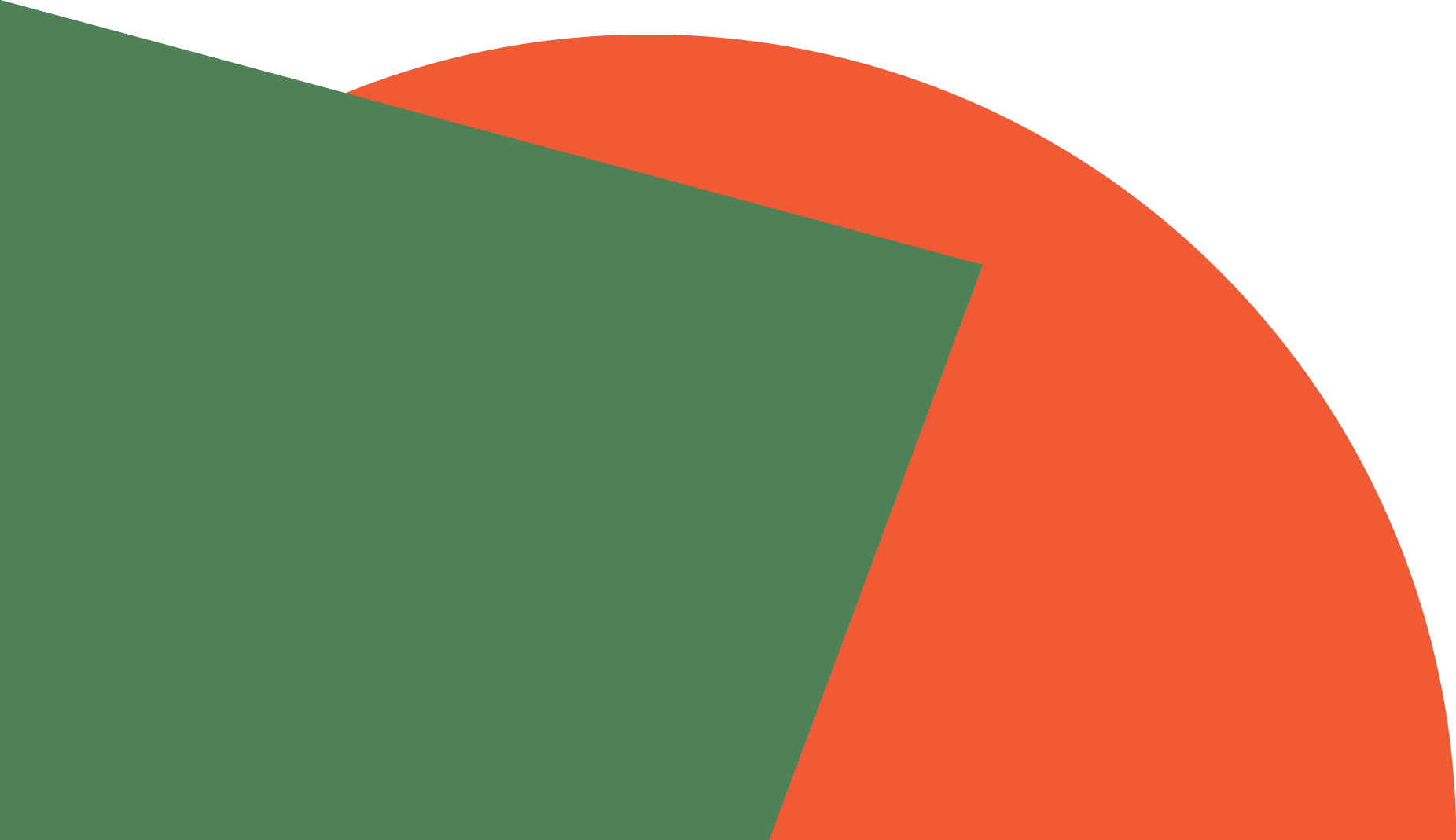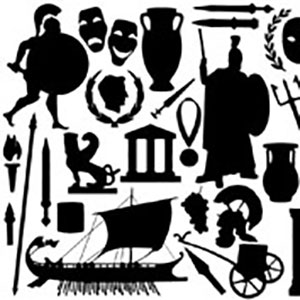

Year 12 Classical Studies Units 3 and 4
Overview
Units 3 & 4 VCE Classical Studies explores the literature, history, philosophy, art and architecture of Ancient Greece. The official study design tells us that such ancient civilizations are worthy of our study not only because of their vast achievements and contributions to Western civilization (such as in the fields of science, law, and politics) but also because they offer a unique perspective on humanity.
In this course, we will explore many aspects of Greek culture up to 399 BCE, including its history, customs, literature, art, philosophy, and religion. We will be learning about their world through items they left behind them – art, literature and philosophy.
Who is it for?
This subject is for students with a keen interest in the people, events and ideas of the past. It has a particular focus on the world and society of Ancient Greece.
What do you do?
You will build an understanding of the world and society of Ancient Greece through examining – in translation – plays, epic poetry and other writings, as well as artworks across multiple Ancient Greek eras.
What skills do you need?
You’ll need to be an enthusiastic reader, a critical thinker and a fluent and expressive writer with a sound command of English.
What skills do you develop?
This subject develops skills in research, analysis and the construction of an evidence based argument.
Requirements
Internet is needed to access this course. All work will be completed and submitted online weekly. All relevant texts are provided in .pdf format throughout the course.
Things to think about
Classical Studies is a heavily literature-based subject, so you must be someone who enjoys reading. Texts include references to violence and death, and may not be appropriate for students who find such content distressing.
Things you can do now
Digital copies of texts are provided in the course, but if you wish to get a jump on reading and familiarise yourself with the texts you can source your own copies ahead of time.
The texts studied will be:
- Sophocles, Antigone (in The Three Theban Plays) Translated by Robert Fagles, Penguin Classics, 1984
- Euripides, Electra Translated by John Davie, Penguin Classics, 1988
- Aeschylus, Prometheus Bound (in Prometheus Bound and Other Plays)
- Translated by Philip Vellacott, Penguin Classics, 2001
- Plato, Apology (in The Last Days of Socrates) Translated by Hugo Tredennick and Harold Tarrant, Penguin Classics, 2003
- Homer, The Iliad, Translated by Robert Fagles, Penguin Classics 1998 (we will only be looking at Book 22 in the course, but reading more widely in the text will help with your understanding)
A number of different translations of these texts exist, so please pay attention to the translation and edition listed to ensure you are getting the correct one.
Go to the VCAA website for more information about this subject
Things to have a look at
The Greeks (Part 1)
Excellent documentary about the Ancient Greeks Episode 1
The Greeks (Part 2)
Excellent documentary about the Ancient Greeks Episode 2